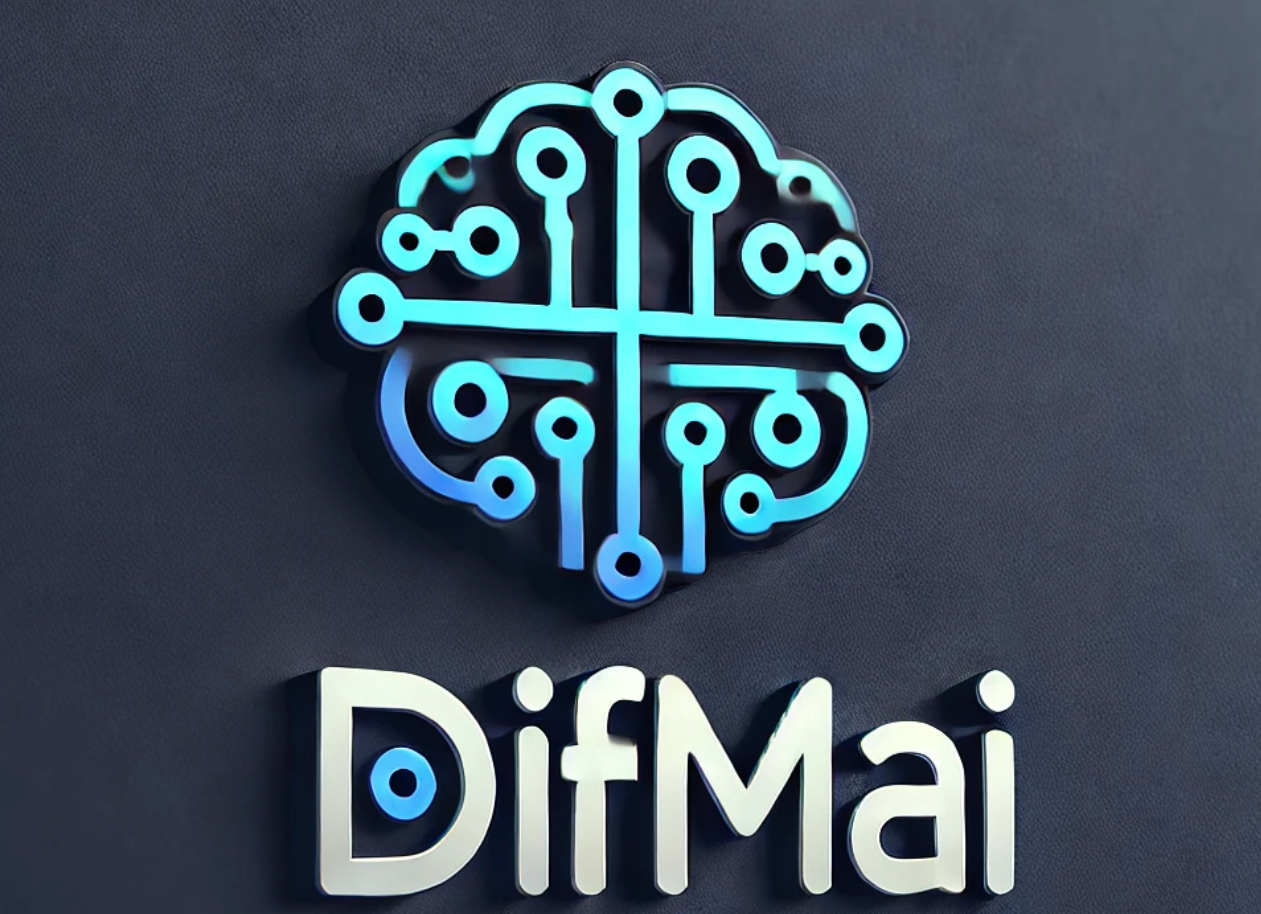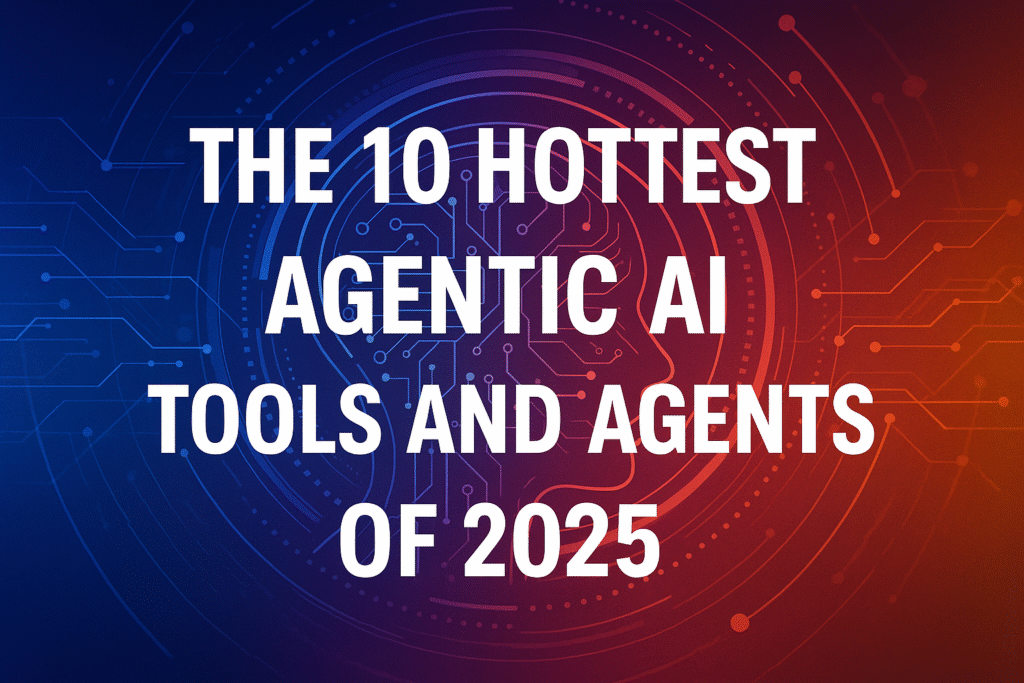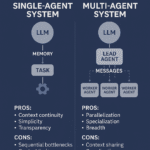TL;DR:
Agentic AI is dominating 2025 with groundbreaking tools from AWS, Google Cloud, Microsoft, Salesforce, and more. These AI agents go beyond chat—they plan, act, optimize, and collaborate autonomously. With the market projected to reach $127 billion by 2029, here are the top 10 agentic tools you need to know right now.
The Rise of Agentic AI in 2025
The first half of 2025 has seen explosive growth in agentic AI, a paradigm where AI doesn’t just respond—it acts. No longer limited to text generation, these agents can make decisions, execute workflows, optimize processes, and collaborate with other agents. Gartner predicts that by 2029, 80% of customer service requests will be resolved autonomously by agentic AI, slashing operational costs by 30%.
According to Market Research Reports, the agentic AI market will grow from $28B in 2024 to $127B by 2029, marking a staggering 35% CAGR.
Top 10 Agentic AI Tools and Agents of 2025
1. AWS Strands Agents
An open-source SDK for model-driven agent development. Strands connects models and tools, allowing developers to define, test, and deploy AI agents rapidly with minimal overhead. It’s built for scaling from local dev to production-grade agents.
2. Databricks Agent Bricks
A unified workspace for production-scale agents that combine enterprise data with synthetic data generation, evaluation tools, and LLM optimization. Built upon MosaicML tech, it’s designed to overcome data scarcity and tuning challenges in agentic AI.
3. Dataiku AI Agents
Dataiku’s Universal AI Platform now features AI Agents with dual development modes: Visual Agent (no-code) and Code Agent (developer-focused). Built-in tools include LLM Mesh, Trace Explorer, and Quality Guard for visibility, validation, and cost control.
4. Google Cloud Conversational Agents Console
A unified environment for building lifelike conversational agents using Gemini models. This tool adds emotional comprehension, expressive voices, and test instrumentation for reliable customer service bots at scale.
5. IBM AskIAM
Focused on identity and access management (IAM), AskIAM integrates with Slack and Teams to automate provisioning and access controls. Powered by IBM watsonx Assistant, it delivers secure, human-friendly compliance and access workflows.
6. GitHub Coding Agent for Copilot
GitHub’s agent now autonomously refactors code, improves testing, and drafts pull requests with developer supervision. It’s embedded within GitHub and VS Code, offering a secure, asynchronous coding workflow for Copilot Pro+ users.
7. Nvidia NeMo Agent Toolkit
A powerful open-source profiling toolkit that integrates with LangChain, CrewAI, and custom agents. It enables cost-efficient scaling of AI agents by optimizing cross-agent coordination and system bottlenecks using Nvidia’s compute capabilities.
8. Salesforce Agentforce 3
Agentforce 3 introduces a Command Center, 100+ prebuilt actions, and native LLM hosting. Built for interoperability and trust, it supports the Model Context Protocol and integrates with 30+ partners via AgentExchange.
9. ServiceNow AI Agent Orchestrator
ServiceNow’s orchestration layer governs and coordinates thousands of AI agents across departments. Includes an Agent Studio and central Command Center for managing complex multi-agent workflows in IT, HR, and customer service.
10. Snowflake Data Science Agent
This Claude-powered agent helps data scientists streamline ML workflows—from data prep to training—using natural language prompts. It simplifies pipelines while improving productivity and democratizing AI inside Snowflake’s data cloud.
Final Thoughts: Why Agentic AI Matters Now
These tools show a clear industry shift: from generative to generative + operational AI. Agentic systems aren’t just chatbots—they’re co-workers, process owners, and problem solvers.
Whether it’s refactoring your code (GitHub), coordinating IAM (IBM), or scaling data workflows (Snowflake), agentic AI is reshaping enterprise productivity and automation.
If your 2025 strategy doesn’t include agentic AI—you may already be behind.
Sources:



